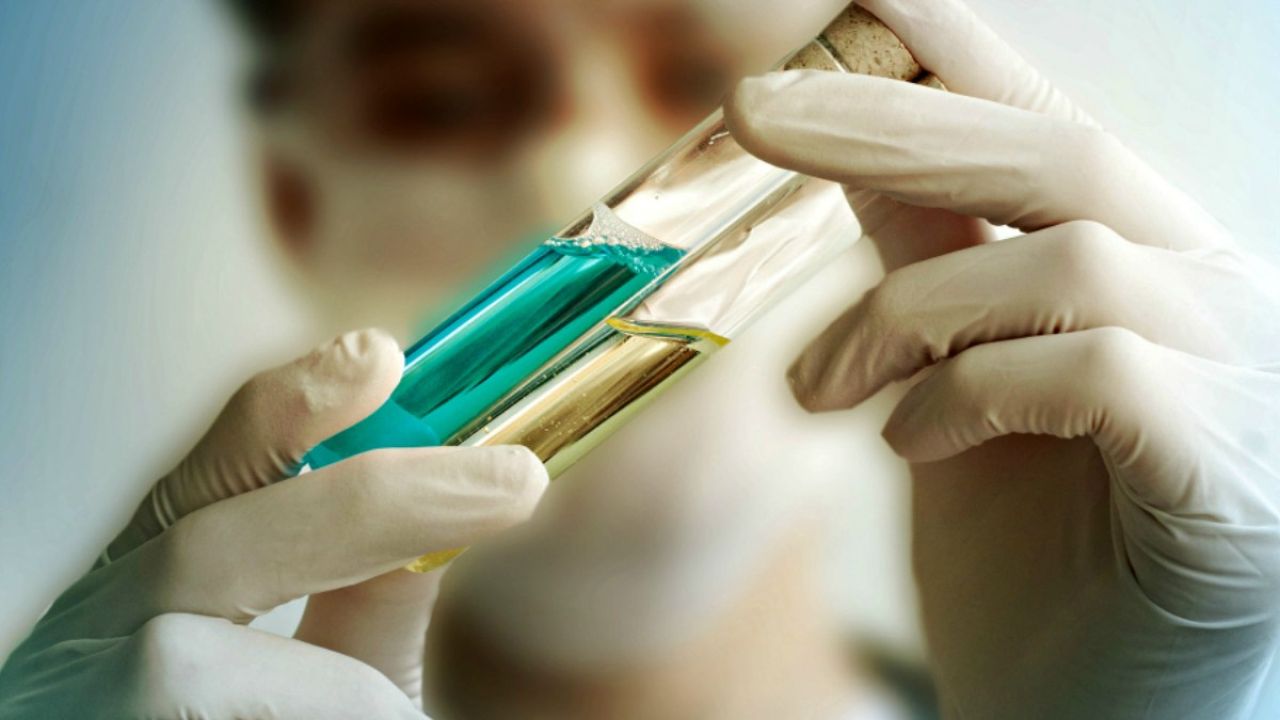
The science and research EWG conducts is about influencing massive public health decisions. That requires, on all levels, a combination of intellectual creativity, pragmatism and absolute scientific rigor.
It doesn’t matter how timely an issue is, or how sympathetic a face you can put on a story, if the science is poor quality. For EWG to occupy the space it does, outside academic conferences and beyond the scope of traditional environmental grants, the science must be unimpeachable. Even if the idea for a study originated in a conversation among EWG staff who aren’t toxicologists with doctorate degrees, that study must be put through the same rigorous process of scientific questioning as any paper conceived in academia and published in a journal of record.
Perhaps unique in the environmental advocacy community, the backbone of EWG’s science program is its peer-reviewed research. By design, Peer review is often a long and difficult process. Researchers prepare their initial manuscript, making sure to place their work in the context of contemporary science, and submit it to the editorial board of a respected environmental health journal. The journal’s editorial board contacts published scientists in the field, who are expected to be rigorous in their review. The process may last as long as a year. The journal publishes the article only when the paper’s findings have been thoroughly examined and judged found to be worthy by the scientists, who remain anonymous to the paper’s authors.
The purpose of the endeavor is to leverage the underlying science to magnify impact.Government agencies need peer-reviewed research before they can take action. Reporters often require the same level of scrutiny before they’ll even consider writing about a study.
But EWG’s investment in scientific research goes beyond a need to prove anything to regulators, lawmakers and reporters and instead focuses on getting the best and safest options into the hands of consumers. They use scientific acumen to investigate issues that aren’t being studied in the academic world, and that corporations can’t or won’t. The fact that EWG has so many researchers always working on underexplored areas of science, unearthing hazardous exposure in countless household products and foods, is astonishing for an advocacy organization. Their breakthroughs in their field are unrivaled – and their science helps corporations make better products.
This extensive research and data was a value-add for EWG. Once brands began clamoring to learn how to make their products cleaner, EWG showed them how. The creation of the Skin Deep database and its sophisticated “hazard stacking” rating system helped formulators understand how to prioritize ingredients.
EWG scientists push the envelope in their field. It’s not typical for toxicologists to say, “This is better than that.” But sometimes that type of clarity is the only way to break through to a consumer or to a drug store shampoo company. Especially in the chemical safety space, EWG uses its science to push the market and empower people to live healthier lives.